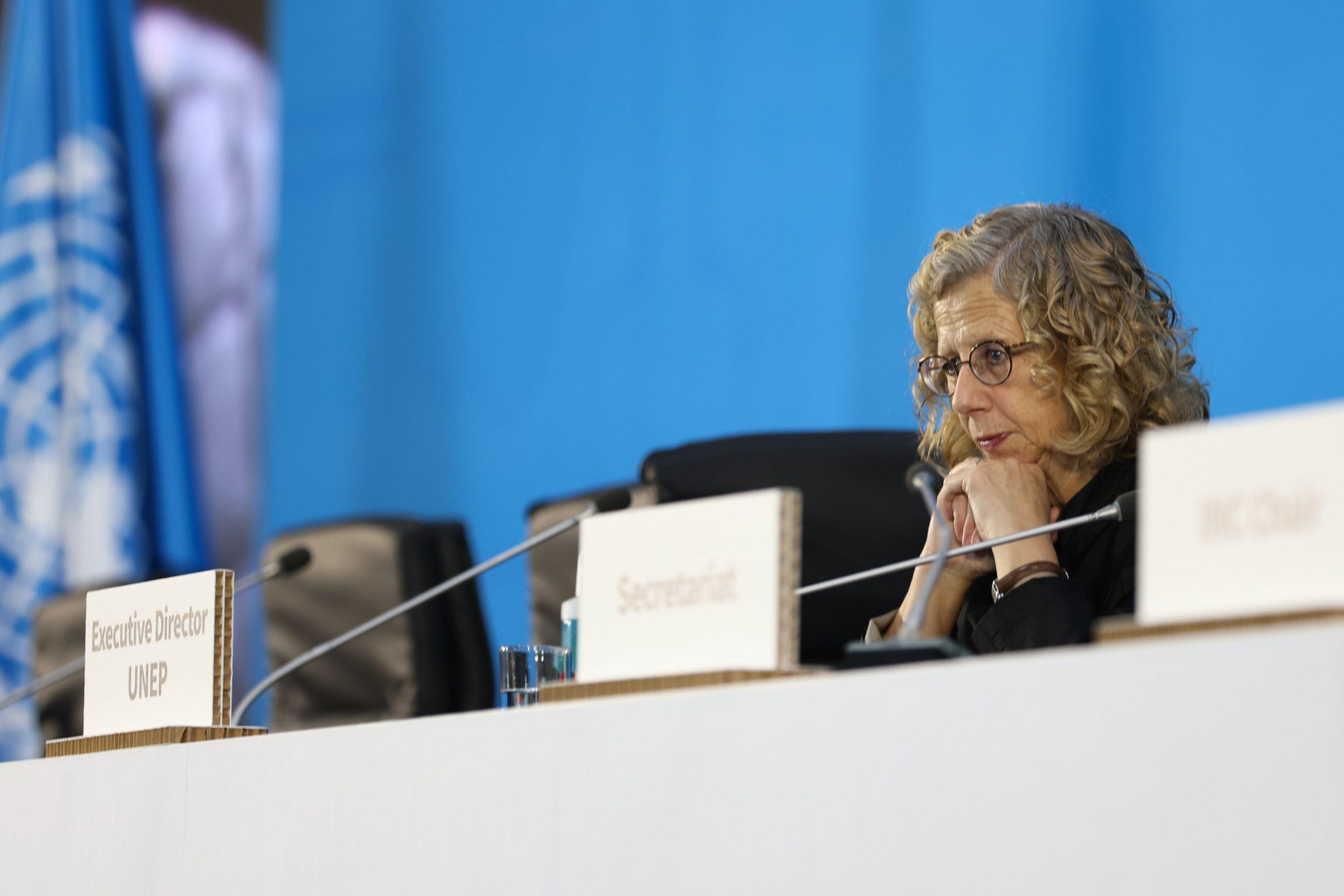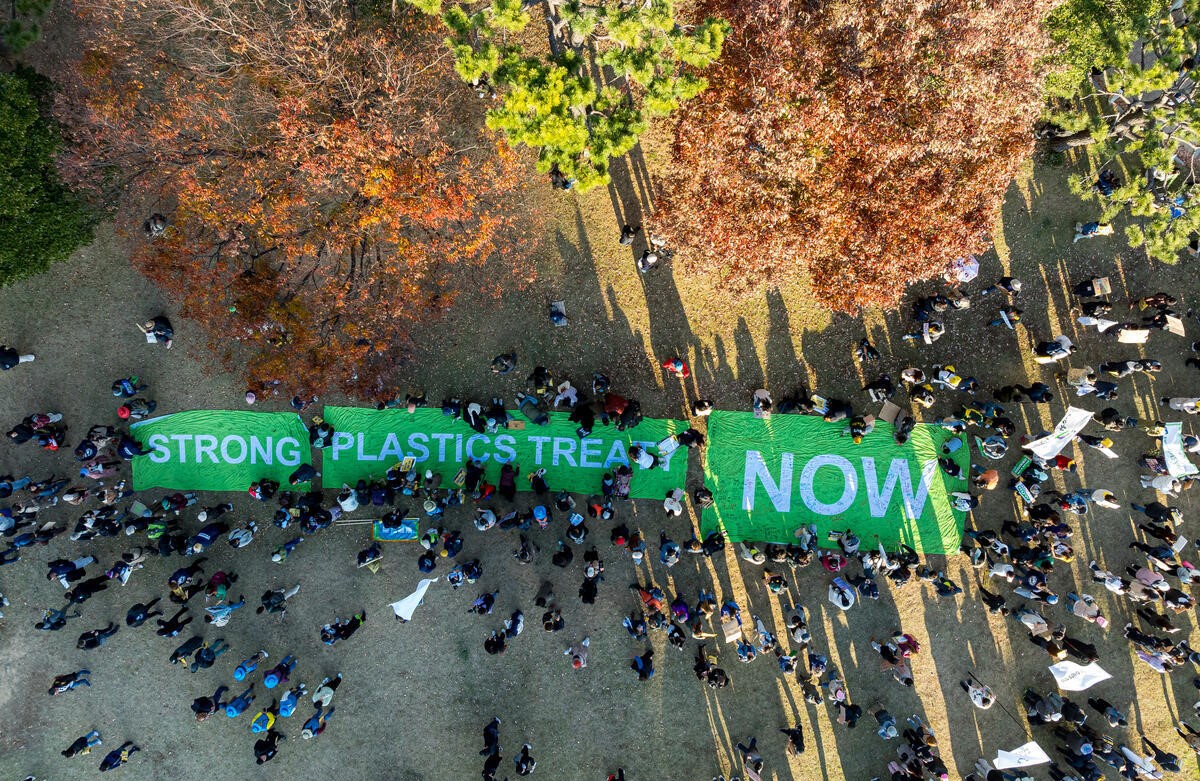Delegates from 175 countries are set to finalise a new treaty aimed at tackling plastic pollution, with opposition from fossil fuel-producing countries
Little more than a day after the gavel came down on the climate summit in Baku, the global diplomacy tour has stopped off in Busan. Delegates from 175 countries have descended on South Korea’s second-largest city for what’s supposed to be the final round of talks aimed at clinching an international treaty on plastic.
“The moment of truth is here to end plastic pollution,” said Inger Andersen, executive director of the UN Environment Programme, at the start of the talks. “We have a historic moment to end the world’s plastic pollution crisis and protect our environment, our health, and our future.”
Fractious COP29 lands $300bn climate finance goal, dashing hopes of the poorest
But much work is needed to get there by this coming Sunday when the summit is scheduled to end. Deep divisions over what the treaty should tackle have hobbled negotiations so far, with little progress at the previous four meetings over the last two and a half years.
Ambassador Luis Vayas Valdivieso, chair of the plastics negotiations, said delegates should “harness every tool of multilateralism, every ounce of creativity, and every moment of dialogue to overcome our differences and craft a treaty as ambitious as our collective will allows”.
As they hopped off the metro at Busan’s futuristic convention centre – the venue of the talks – delegates were welcomed with a simple message on the advertising boards: “Cap plastic now”.
Full life-cycle
Yet plastic production is one of the most contentious issues being discussed here. The majority of countries around the table want an ambitious deal that includes measures to reduce the amount of plastic that is manufactured, as well as ways to deal with plastic waste. Most rich countries, Latin American and African nations, and small island states firmly hold this view.
“You cannot end or reduce plastic pollution without reducing plastic production. That is just a fact,” Graham Forbes, Greenpeace’s head of delegation at the plastics talks, told reporters on Monday. Speaking to Climate Home in Baku last week, Andersen said sustainable production and consumption of plastics would need to be defined as part of talks on the new treaty.
On Monday in Busan, she underlined that the UN resolution underpinning the talks should be a “guiding star”. The resolution indicated that the treaty would need to address “the full life cycle of plastics” – meaning from production through to consumption and waste.

UNEP executive director Inger Andersen at the opening plenary of the INC-5 talks in Busan, South Korea, where countries are set to reach an agreement on tackling plastic pollution. (Photo: IISD/ENB – Kiara Worth)
But a group of fossil-fuel producing nations, primarily led by Saudi Arabia, Russia and Iran, have been resisting any push to include production cuts, arguing that the treaty should only focus on demand-side measures like recycling.
Nearly all plastics are derived from oil and gas and, as the world gradually starts to wean itself off fossil fuels for energy, countries and companies that profit from carbon-based fuels view an expected ramp-up in plastic production as a lifeline for their industry.
David Azoulay, managing attorney for the Center for International Environmental Law (CIEL), told Climate Home that countries opposed to production curbs are trying to prevent any constraints from being imposed on their ability to extract fossil fuels.
“To be a little blunt, they want to ensure that this instrument either never sees the lights of day, or if it does, is as inefficient as the climate instruments that they have managed to block and paralyse for the past three decades,” he added.
COP16 hands power to Indigenous people but fails to bridge nature finance gap
Delaying tactics
At a plenary sessi
Read More

